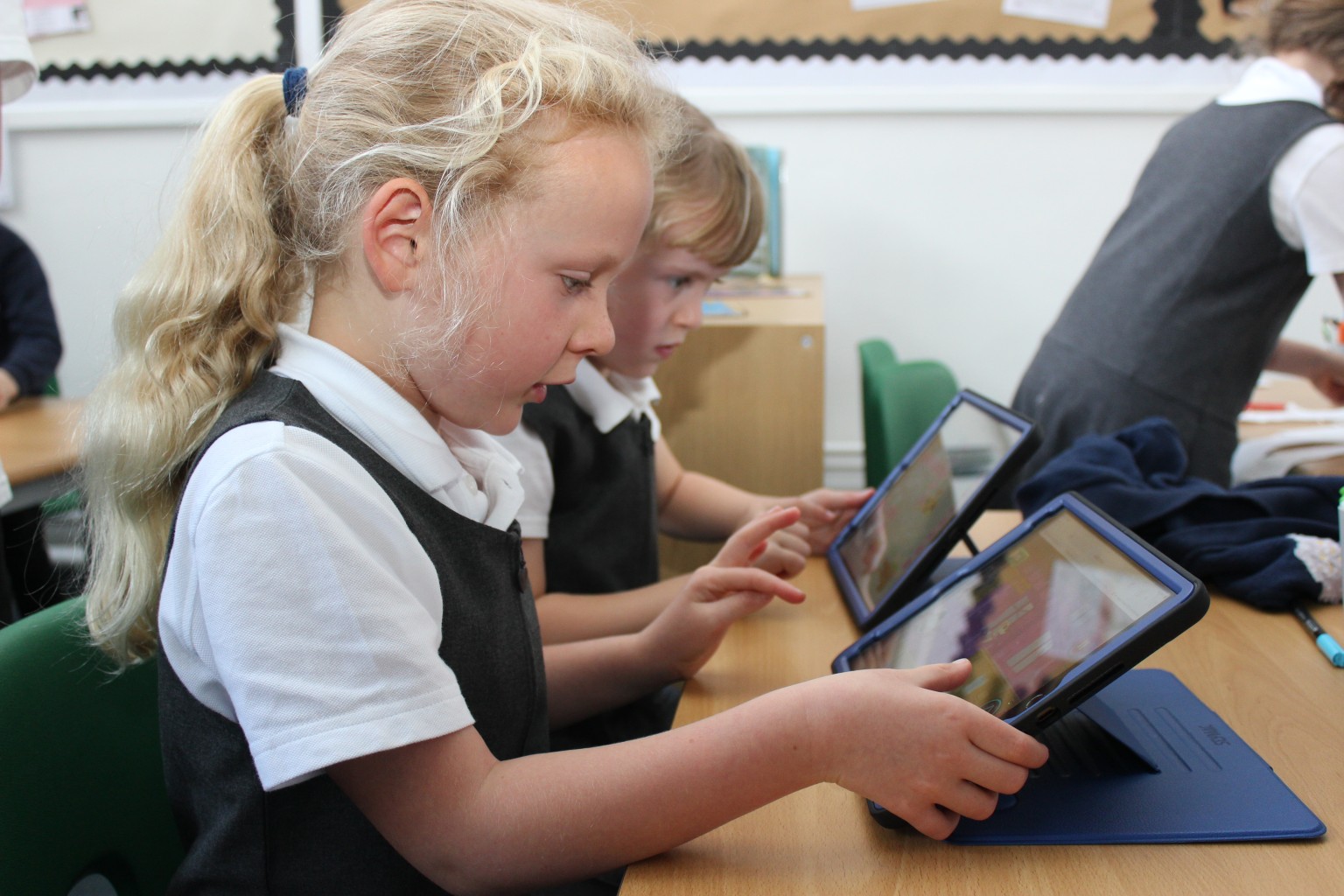

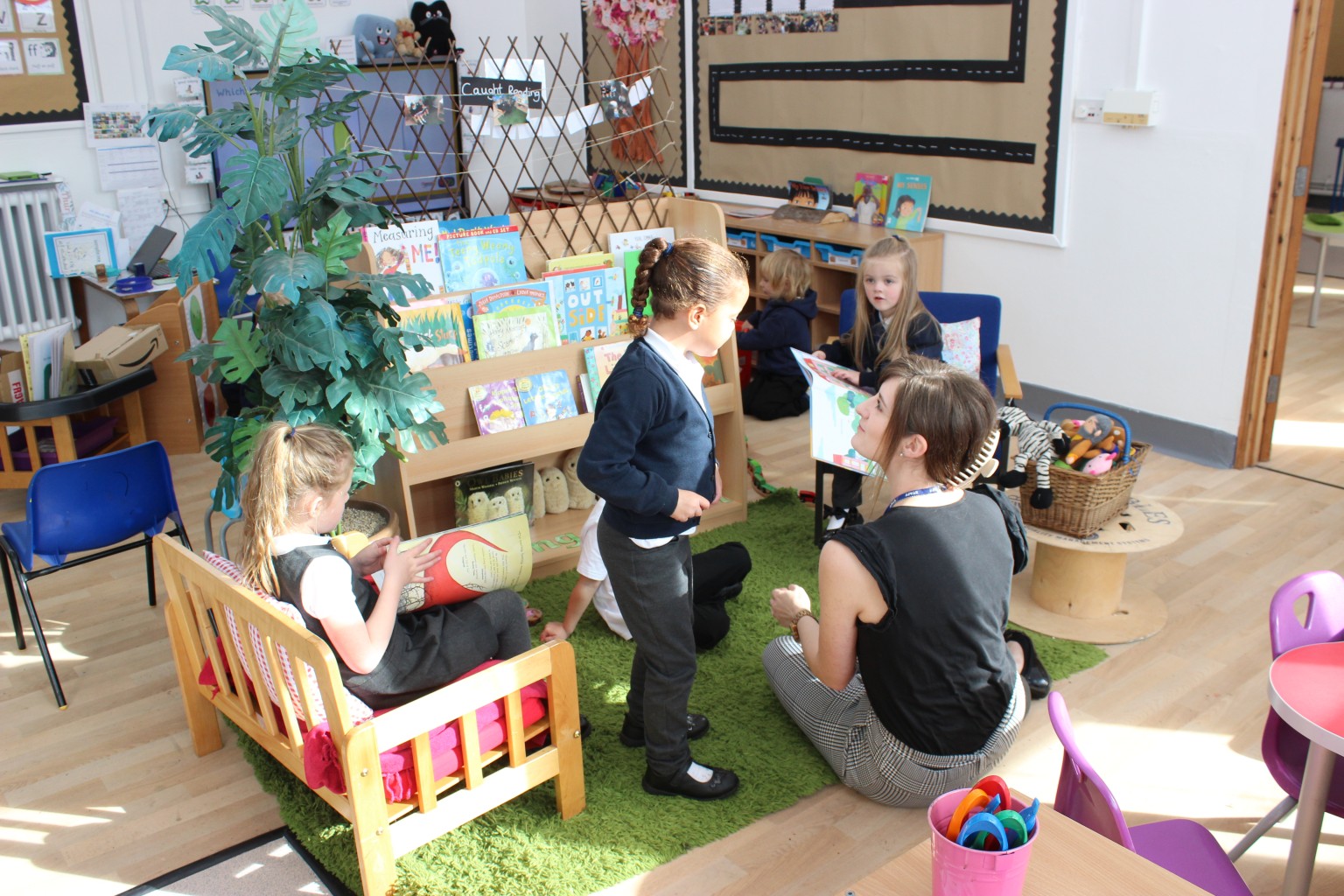
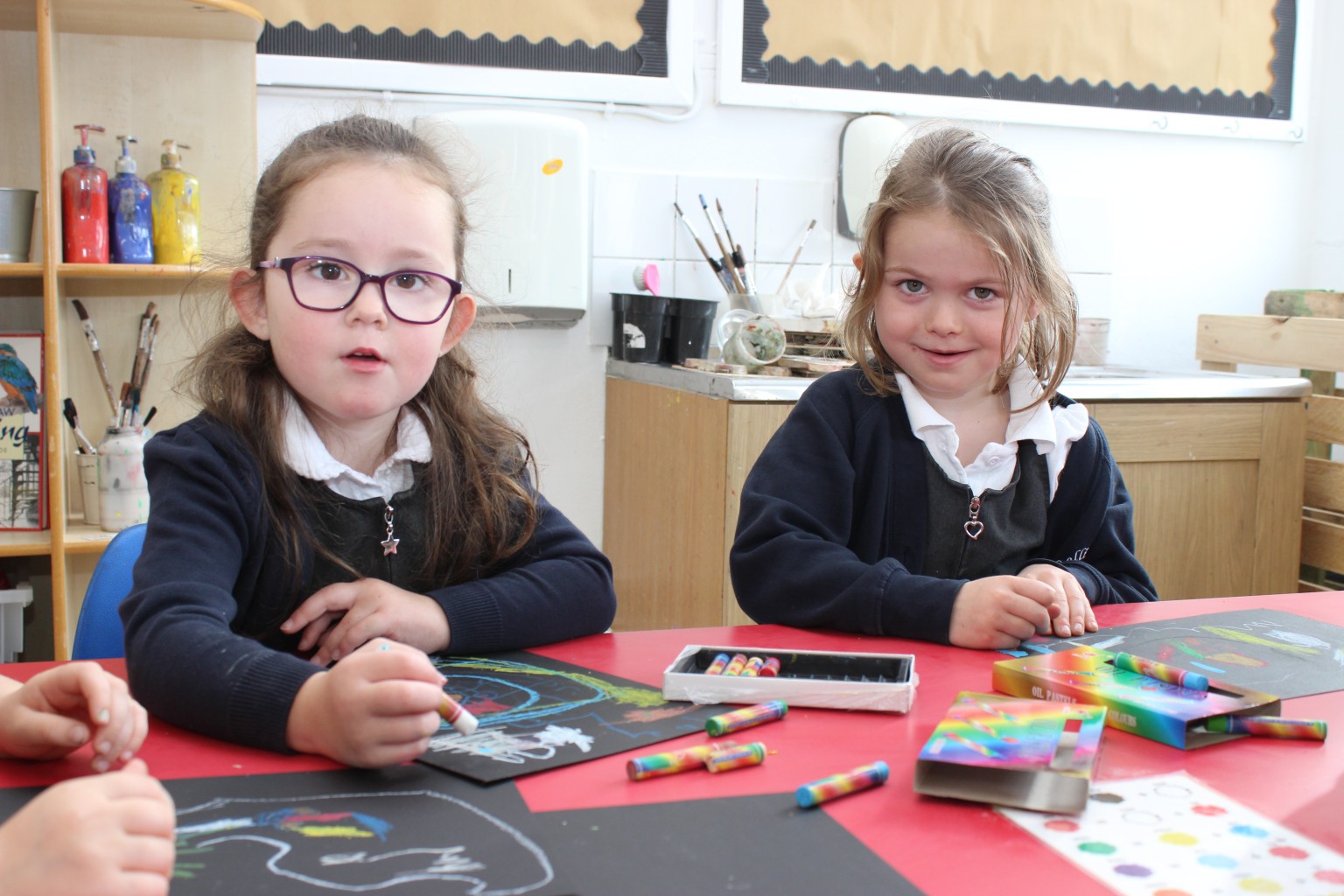


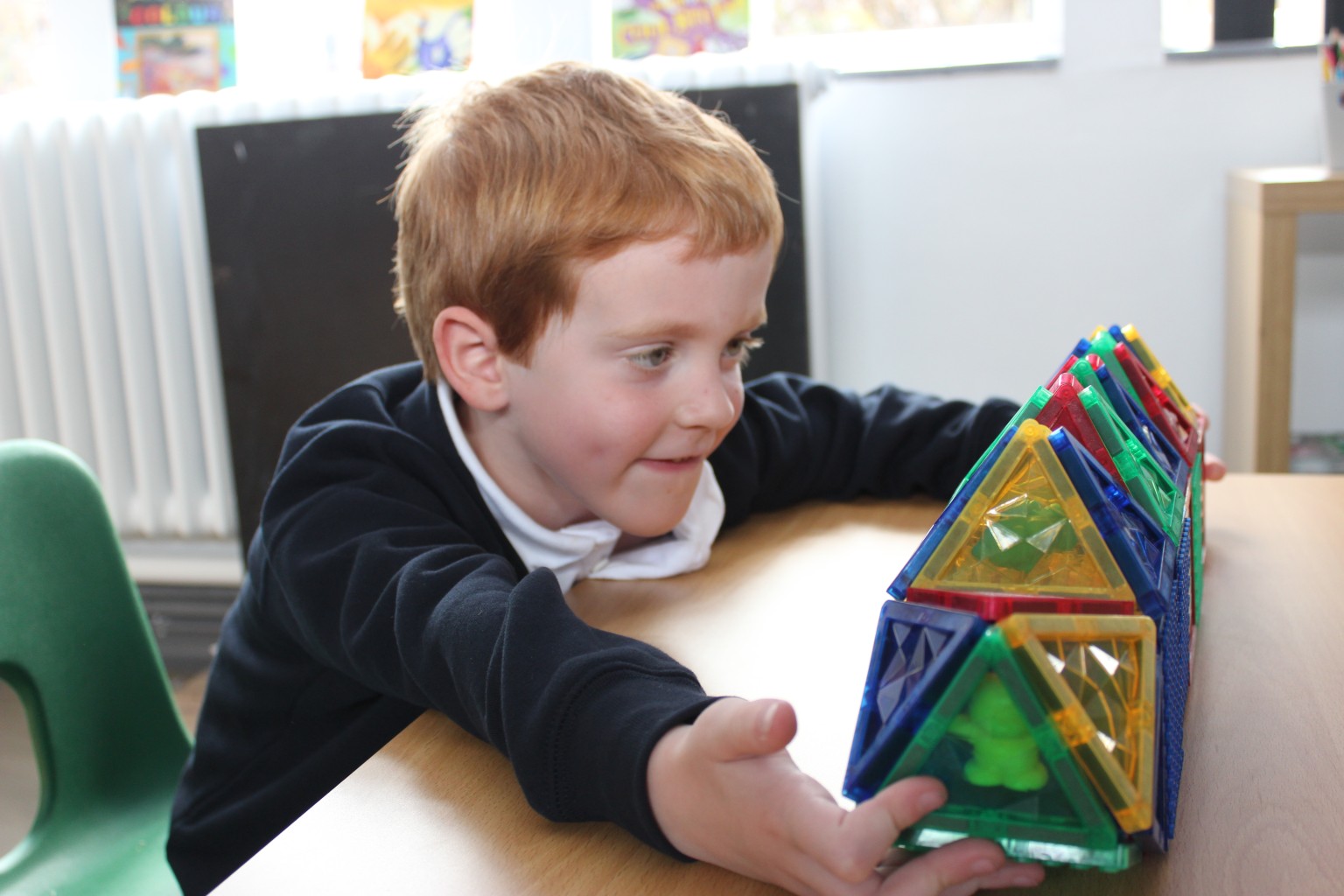
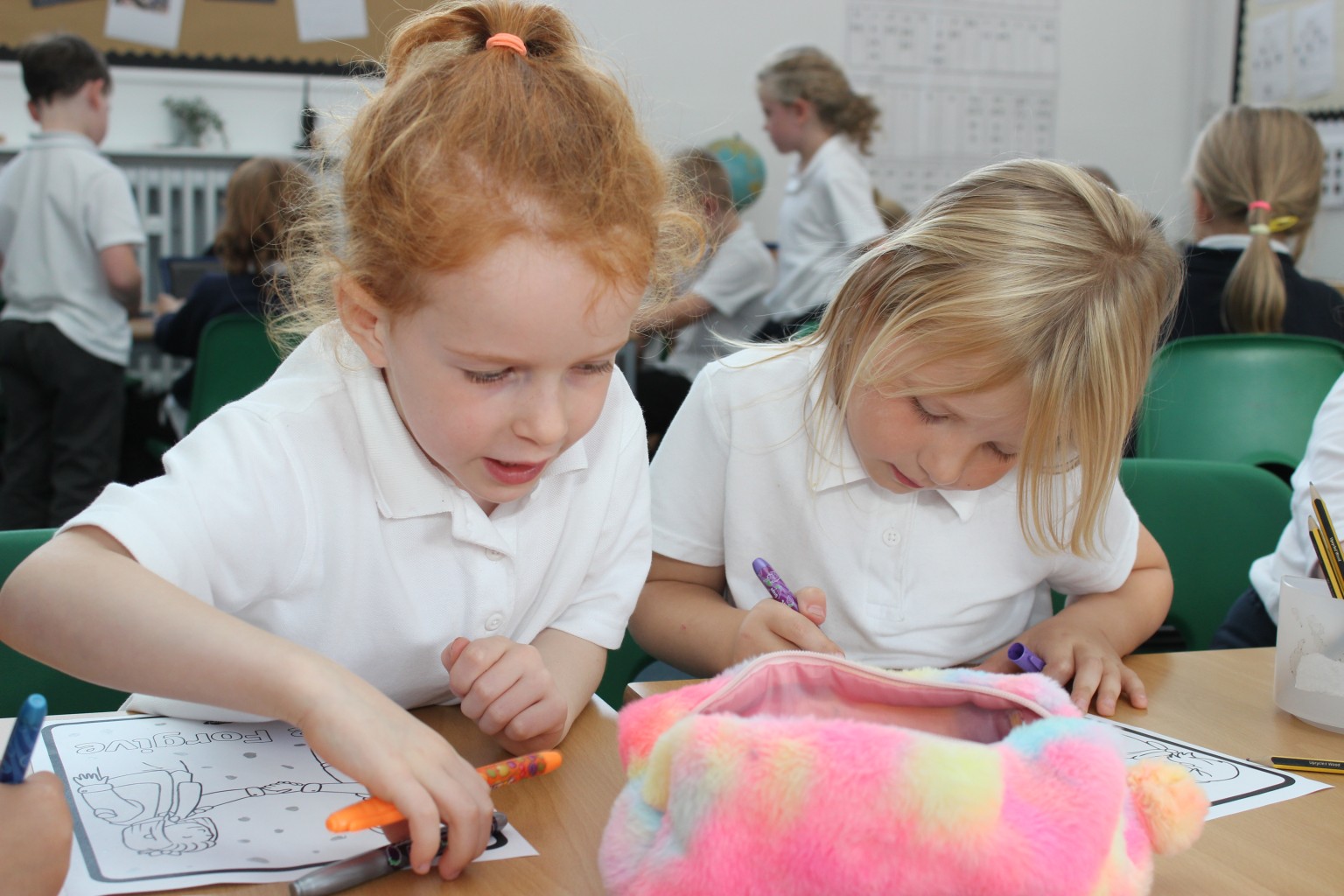
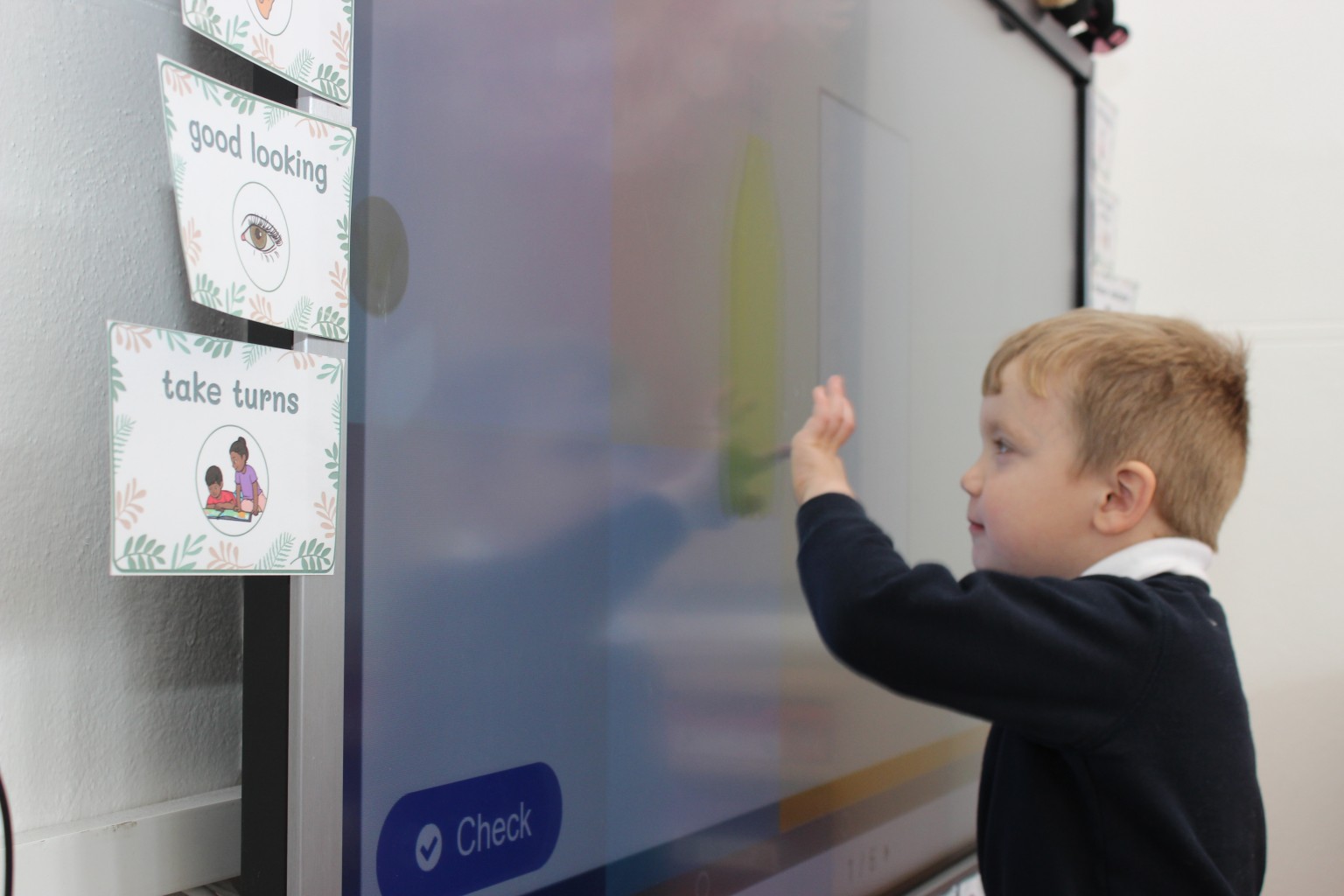
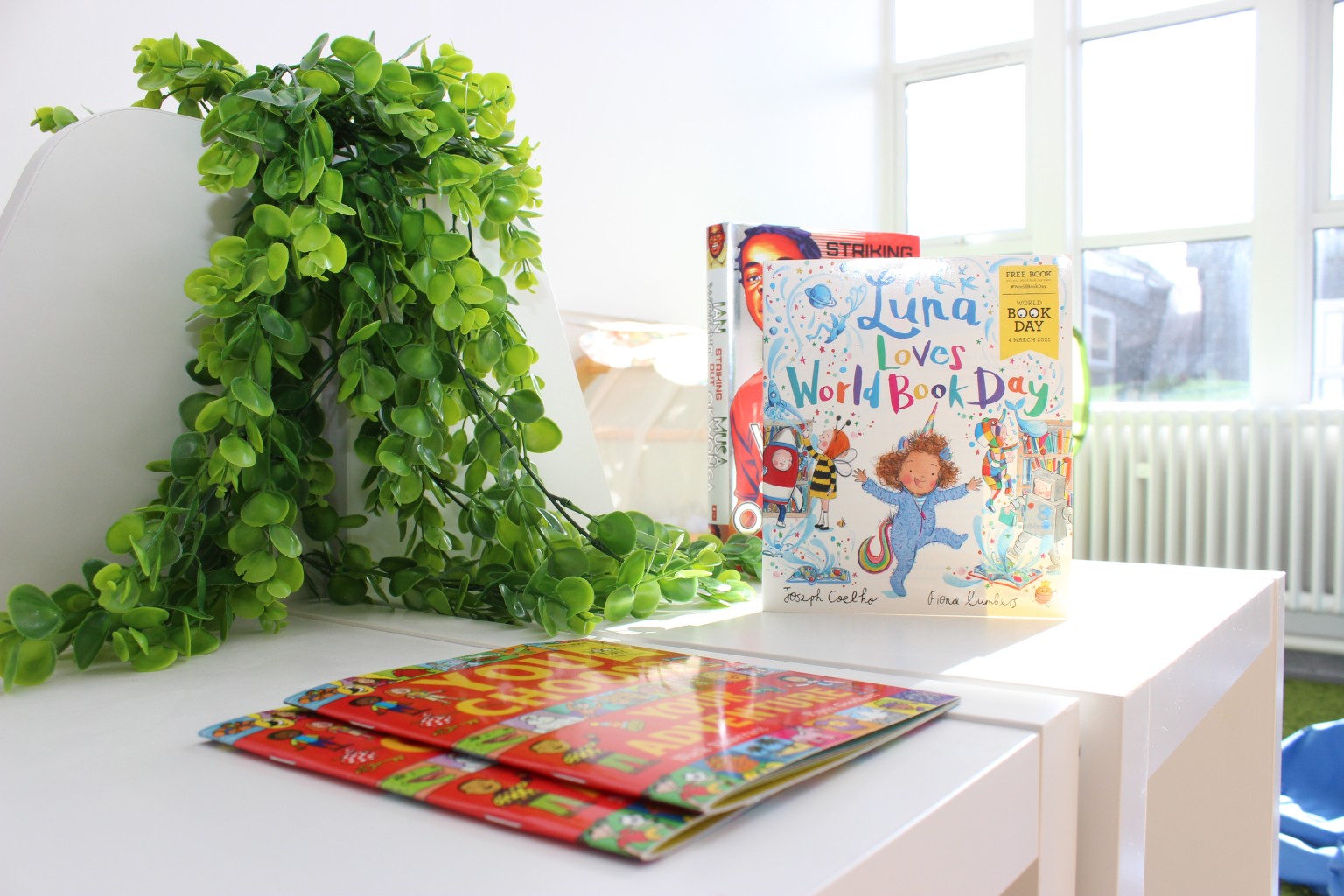
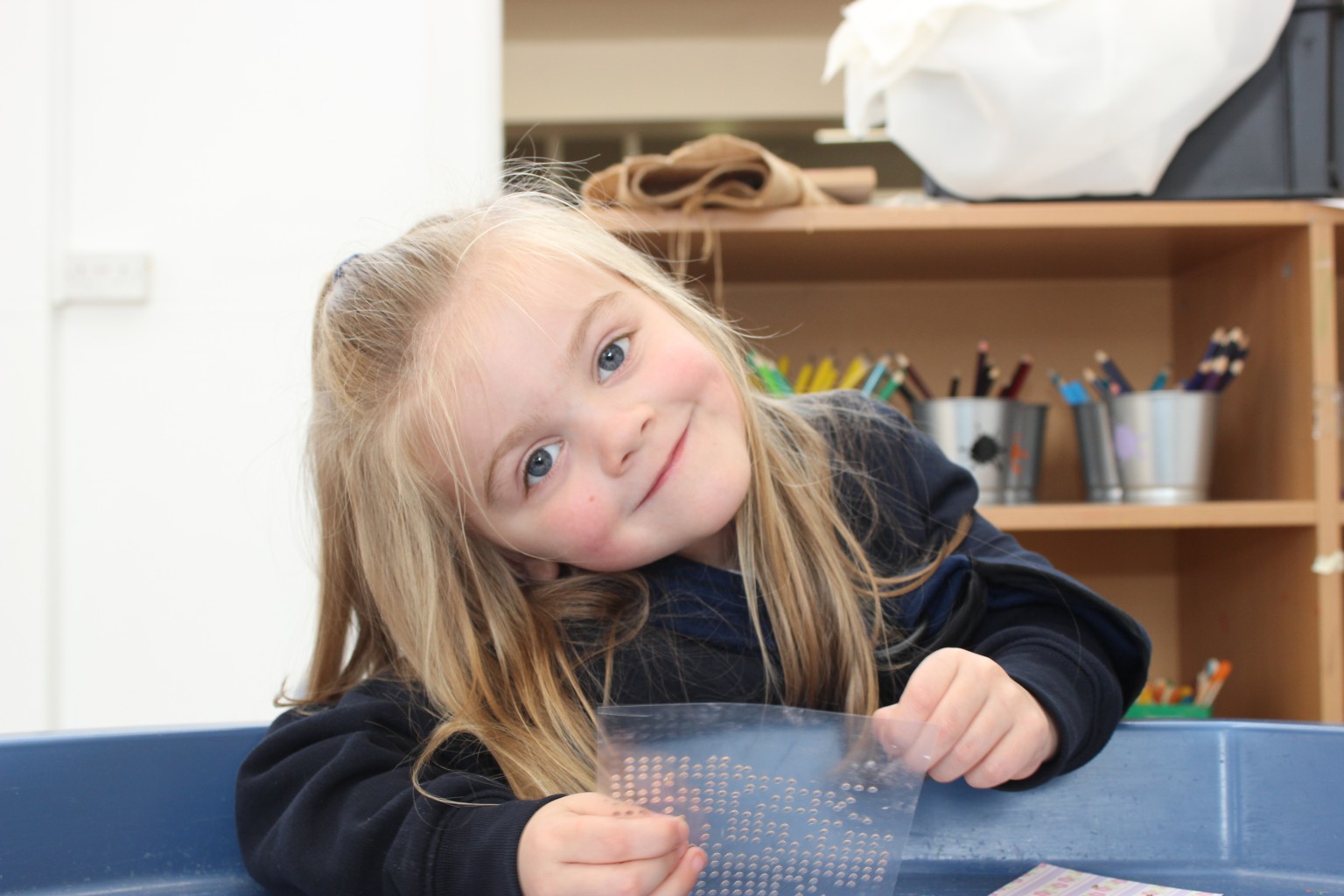


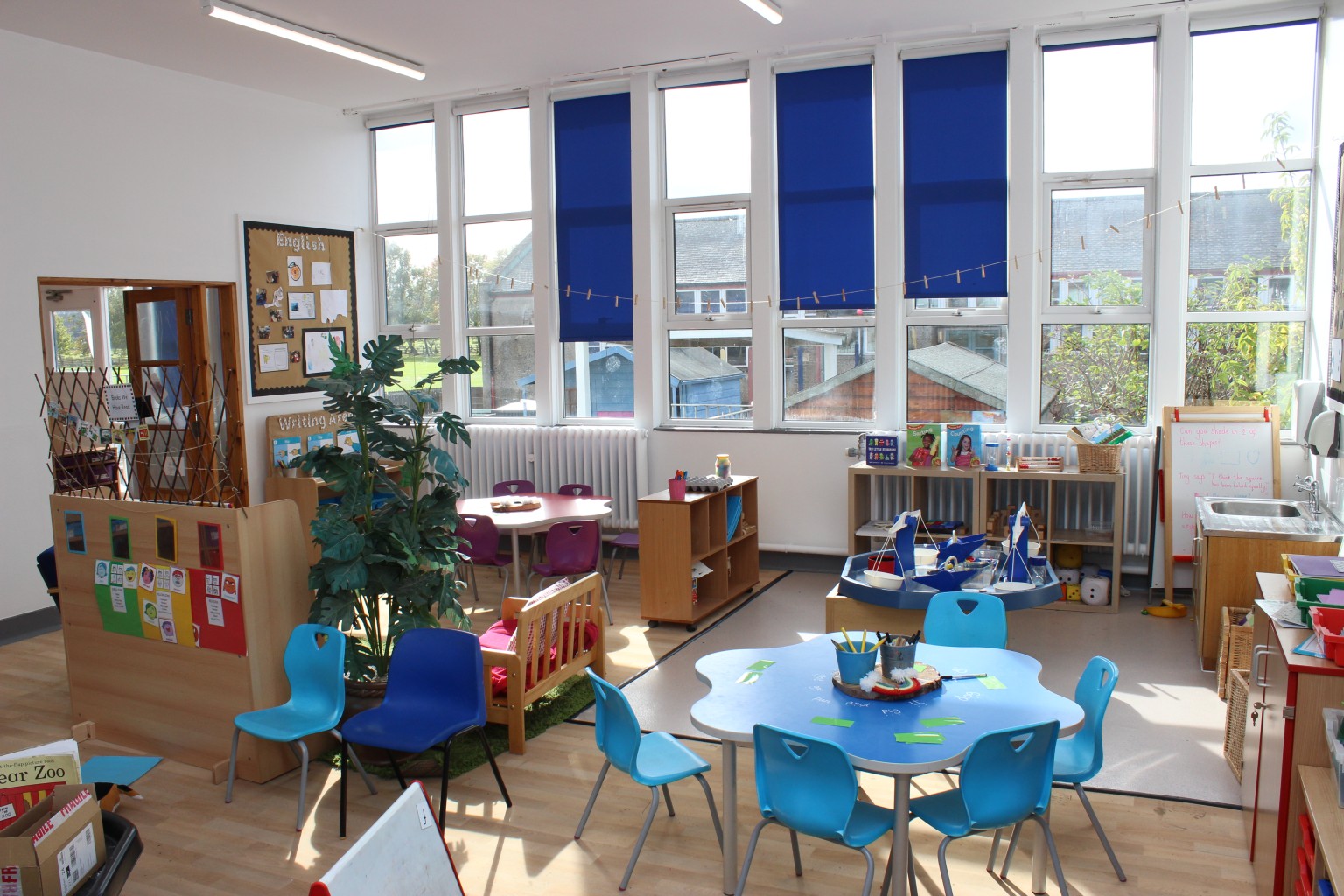
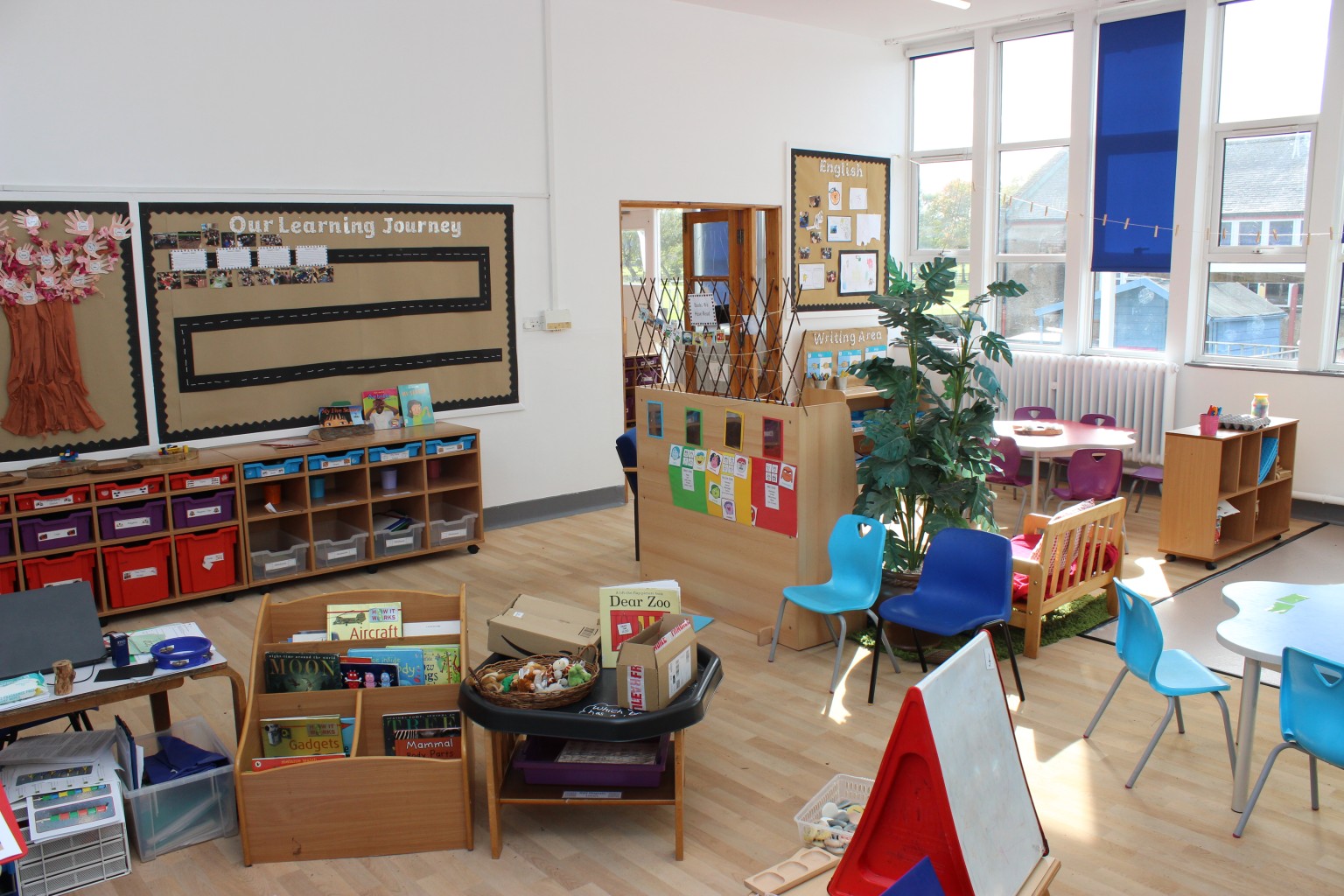
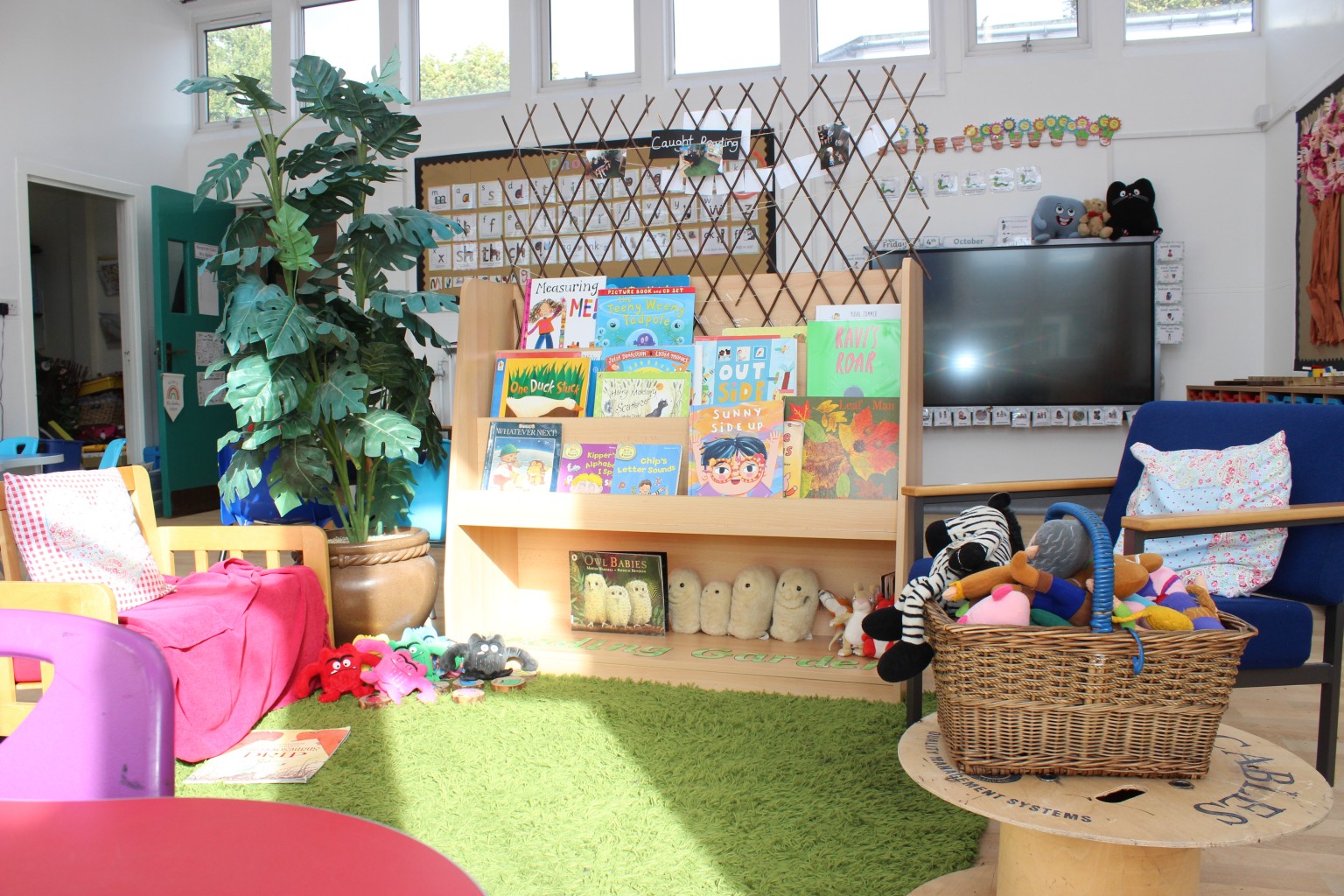
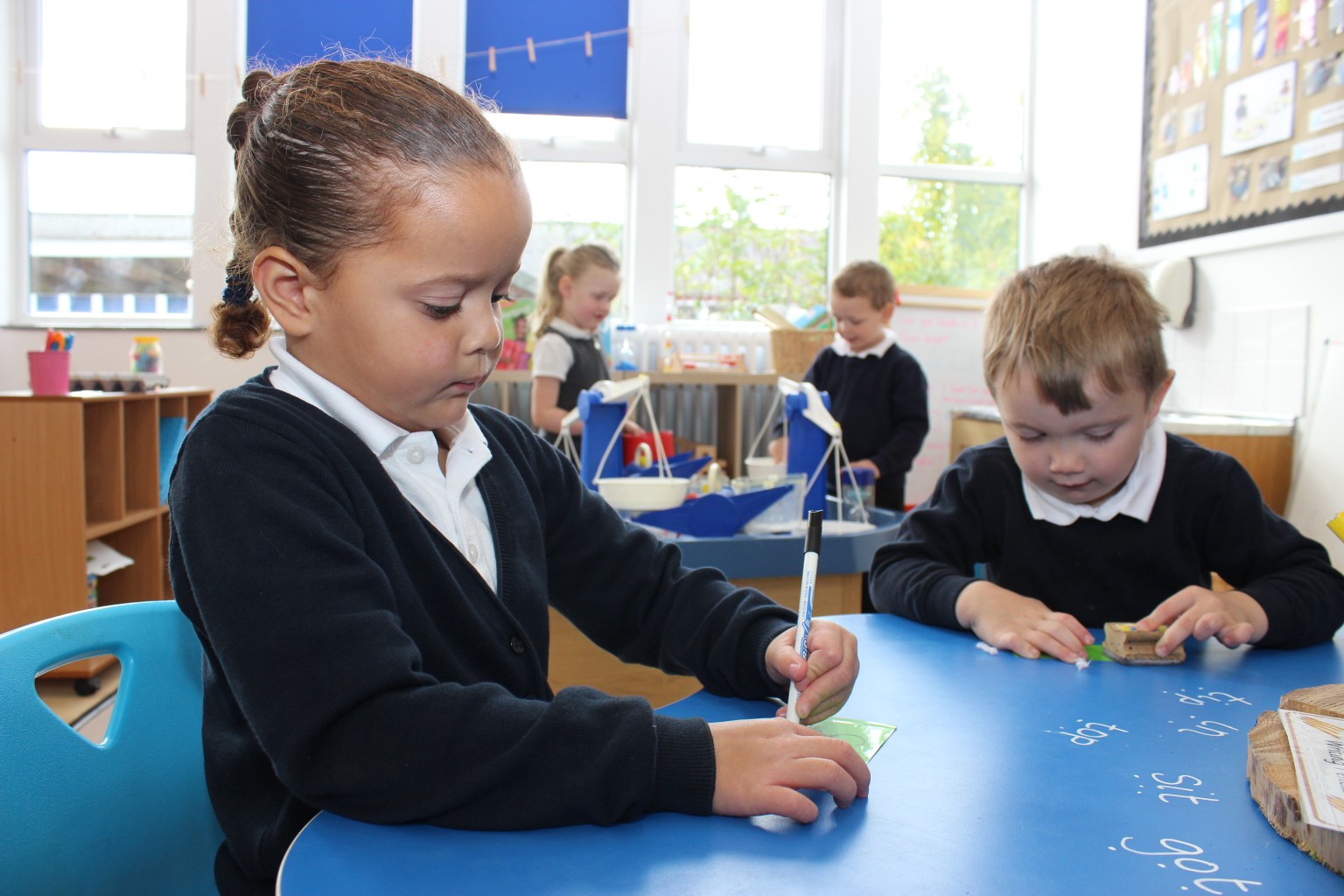
It is our intention that the English curriculum at Bellingham encourages our pupils to acquire the necessary knowledge, skills and understanding to become lifelong learners and excellent communicators so that they are well equipped for the next stage in their education. We offer children an exciting, broad, balanced and engaging curriculum which takes account of National Curriculum requirements and recognises the individual developmental needs of our children. We endeavour to ensure that we provide pupils with a ‘language rich’ environment, ensuring that vocabulary is taught across the curriculum and addresses gaps in pupil’s knowledge and skills. Reading is at the core of our English Curriculum, immersing pupils in the wonders of quality texts to instill a love for reading, a passion for discovery and a confidence to explore their imagination. Everyone at Bellingham values the importance of reading for pleasure, understanding the importance of how reading impacts on learning and communication. We want to empower children to respect each other and themselves, show respect and understanding for people of all faiths, race and gender, the environment and all living things, ensuring children are well prepared for life in a rapidly changing world.
Curriculum Aims
By implementing the current legal requirements of the Early Years Foundation Stage (EYFS) and the National Curriculum (NC), we aim:
Curriculum Implementation
Talk 4 Writing
The Talk for Writing approach enables children to read and write independently for a variety of audiences and purposes within different subjects. A key feature is that children internalise the language structures needed to write through ‘talking the text’, as well as close reading. The approach moves from dependence towards independence, with the teacher using shared and guided teaching to develop the ability in children to write creatively and powerfully.
We underpin our English work by establishing a core reading spine of quality fiction, poetry and non-fiction that all children experience and draw upon. Imaginative units of work are developed to create a whole-school plan that is refined over the years, is well-resourced and documented to release teachers from planning and preparation so that they can focus on adapting their teaching for children’s learning.
The key phases of the Talk for Writing process, as outlined below, enable children to imitate orally the language they need for a particular topic, before reading and analysing it, and then writing their own version
-Baseline assessment and planning (cold task)
-The imitation phase
-The innovation phrase
-Independent application (hot task)
-Final assessment- building on progression
What is Talk for Writing? - Talk for Writing
We encourage reading for pleasure and support all children to read a variety of genres and authors in order that they become lifelong, avid readers and use adventurous vocabulary in their speech and in their written work. We teach our pupils to listen attentively and speak clearly to convey ideas fluently, confidently and to ask appropriate questions. We use the Talk 4 Writing programme which uses quality children’s literature and creative teaching approaches to foster a whole school love of reading and writing.
In Early Years and Key Stage One we use Read, Write Inc. a phonics programme, which supports the development of reading by segmenting and blending words. Co-operatively working with parents supports reading at home and workshops give guidance to support and advise, as well as suggesting age appropriate book suggestions. All children are heard reading individually and in small groups.
Across KS1 and KS2, children further develop their reading skills by completing comprehension activities, in Early Years, children begin to comprehend a written text through verbal discussion with each other or an adult.
As spoken language underpins the development of reading and writing, we aim to foster exploratory talk and good listening skills. Drama and role play are regularly used in lesson to encourage independent creative writing.
Engaging whole class texts form the basis of English lessons and inspire a wide range of activities both reading and writing across the whole school.
Writing skills are developed through subtle grammar, punctuation and spelling sessions, as well as, enjoyment through the class text/novel – this method is used throughout school.
Children are encouraged to write on a regular basis developing stamina and independent skill and creativity.
We provide numerous opportunities to write for purpose in a range of subjects and encourage children to see themselves as authors. We use cross curricular topics to provide another engaging platform to talk and deliver enriching activities for writing.
Handwriting is taught discretely for older children and as part of English lessons for younger children. Nelson handwriting scheme is used to support children's handwriting.
At Bellingham we strive to deliver a range of extra activities promoting literacy within the school, such as World Book day, Poetry Day, author visits, book fairs, Christmas Nativity and summer performances, writing competitions and library visits.
Assessment
Foundation Stage
KS1 and KS2
Monitoring procedures
The Head teacher and English subject leader play a central role in the monitoring and evaluation of the quality of teaching and learning of English in the school.
The monitoring strategy:
1. Children’s work and medium term planning scrutinies are conducted.
2. Pupil progress meetings are held termly.
3. Lesson ‘drop ins’ and observations take place in all classes throughout the year.
4. Pupil conferencing takes place termly.
The subject leader is responsible for monitoring attainment and progress, the outcomes of which are collated in the subject leadership folder and fed back to staff at an appropriate time. Teaching and learning is monitored at a time indicated in the School Improvement Plan: Monitoring and Evaluation timetable.
Curriculum Impact
We strive to ensure that our children’s attainment is in line, or exceeds, their potential when we consider the varied starting points of all our children. We measure this using a range of materials, whilst always considering the age-related expectations for each year group. Children will make at least good progress in Reading, Writing and Speaking and Listening from their last point of statutory assessment, or from their starting point in Reception. We intend that the impact of our English curriculum will ensure our pupils are academically prepared for life beyond primary school and throughout their educational journey.